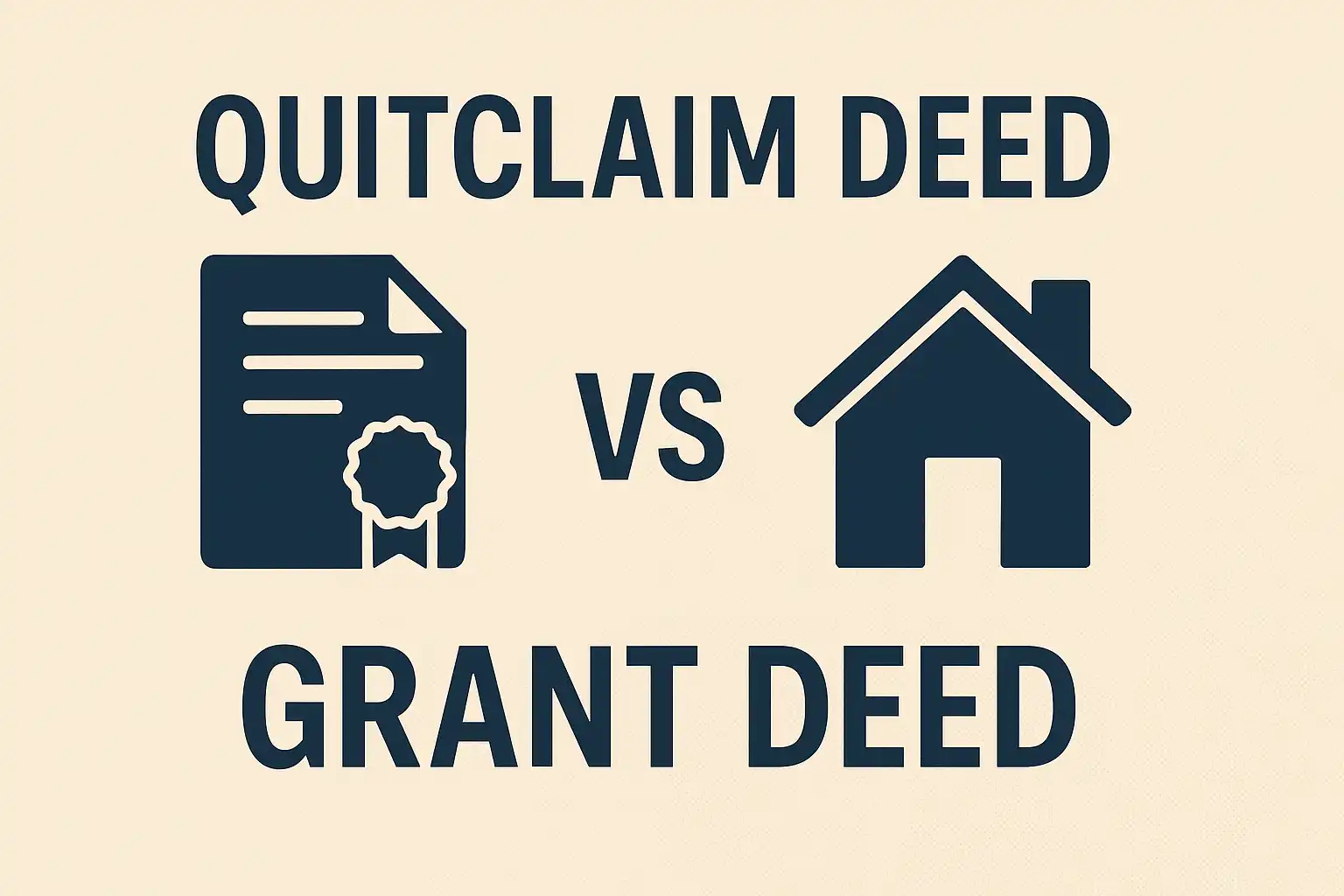
Understanding the tax implications of quitclaim deed transfers is crucial for property owners considering any form of ownership change. Whether you’re adding a spouse to your title, transferring property to children, or restructuring ownership for business purposes, quitclaim deeds can trigger significant federal and state tax consequences that require careful planning and professional guidance.
(more…)




